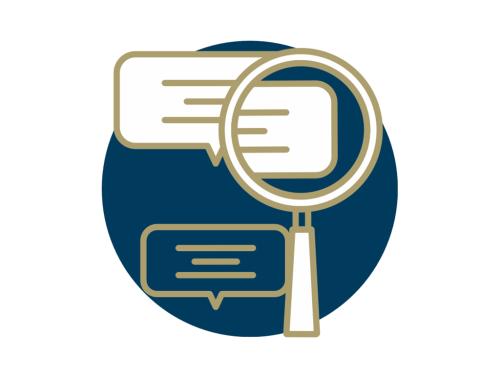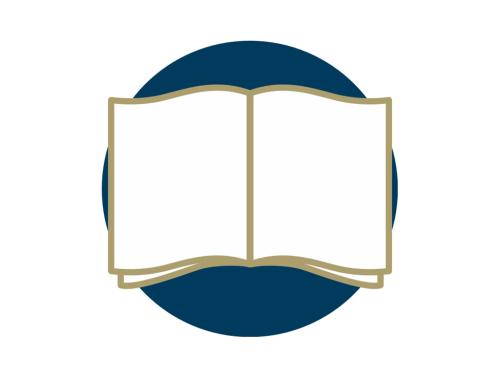The Devil is in the Details of President Trump’s Regulatory Executive Order
.


The GW Regulatory Studies Center scholars regularly conduct applied research to understand regulatory policy and practice from a public interest perspective. Our content often takes the form of public interest comments, formal testimony, working papers, policy insights, and short commentaries analyzing the most pressing issues in regulatory policy. View the rest of our material by the different types of publications listed on this page or our research areas.

Long-form publications intended for academic audiences that take a deep dive into a particular aspect of regulatory policy.

Scholarly analysis of the potential effects of particular rulemakings from federal agencies, and advice to Congress on how to improve the rulemaking process.

Short-form publications intended for all audiences which provide easy to access analysis of regulatory policy.

Formal publications, often completed with other leading organizations and individuals, providing a thorough understanding of regulations and the rulemaking process.

The weekly Regulation Digest contains everything you need to know about regulatory policy today, and our monthly Center Update gives you all of the latest from our team.
For accessible charts and supporting data that you can use in your own publications or presentations, visit the Reg Stats page.
A Tumultuous Inaugural Week in Washington
Friday is Inauguration Day and things are busy here in Washington, DC. Venues are getting ready for inaugural festivities. Security is setting up around the parade route, and streets are closing as the city braces for the influx of people celebrating—and protesting—Donald Trump’s swearing in as the 45th President of the United States.
A Useful Measure of Regulatory Output
The Office of Management and Budget (OMB) recently published its Exit Memo highlighting several aspects of the agency’s work under President Obama. The memo includes quantitative metrics of the administration’s regulatory output to draw comparisons with the numbers of regulations issued by agencies under Presidents Clinton and Bush.
As a Parting Gift, Obama Administration Releases Final Report on Regulation
OMB released its annual Draft Report to Congress on the Benefits and Costs of Federal Regulations, providing a window into regulatory activity in FY15.
Structured to Fail? Regulatory Performance under Competing Mandates
Carrigan's analysis demonstrates for policymakers and scholars why assigning competing non-regulatory missions to regulatory agencies can still be better than separating them in some cases.
President Obama’s Midnight Regulatory Agenda
This Unified Agenda outlines the regulatory actions that agencies are planning to undertake in the remaining months of the Obama administration.
EPA’s proposed rule sets state-by-state carbon intensity targets for the production of electricity. States are expected to adopt some form of economic incentive regulatory system to achieve these targets, but there has been a great deal of confusion about how, exactly, such a system should work.
